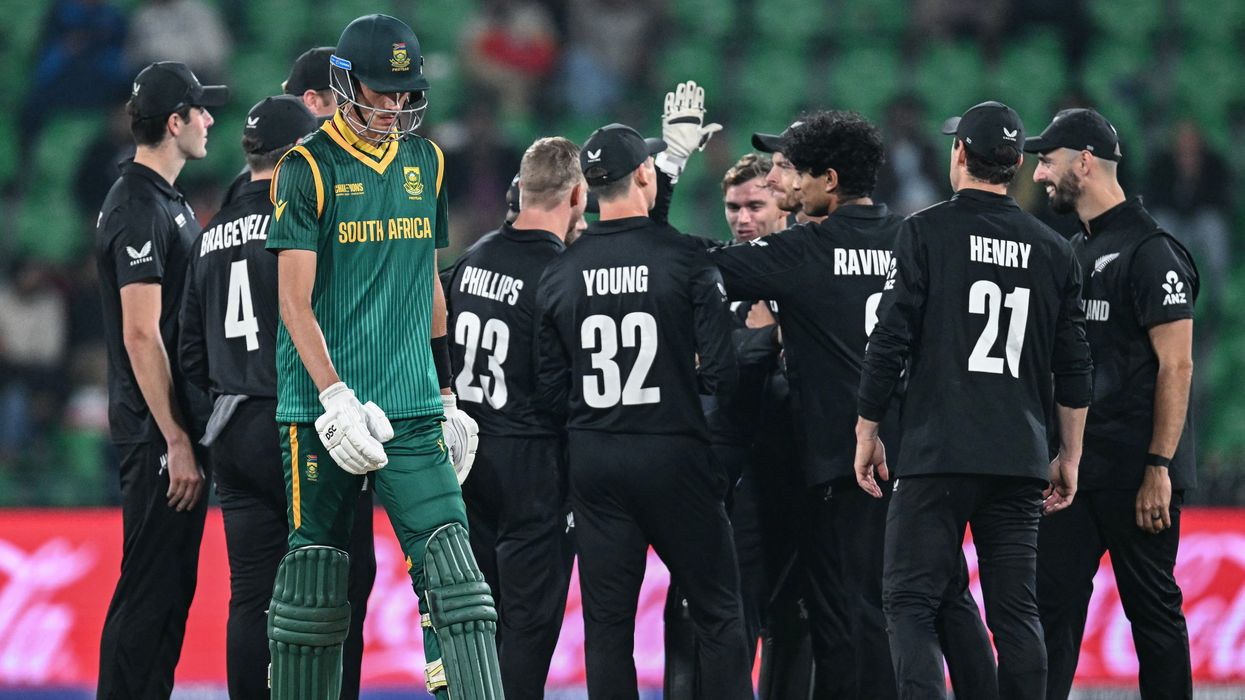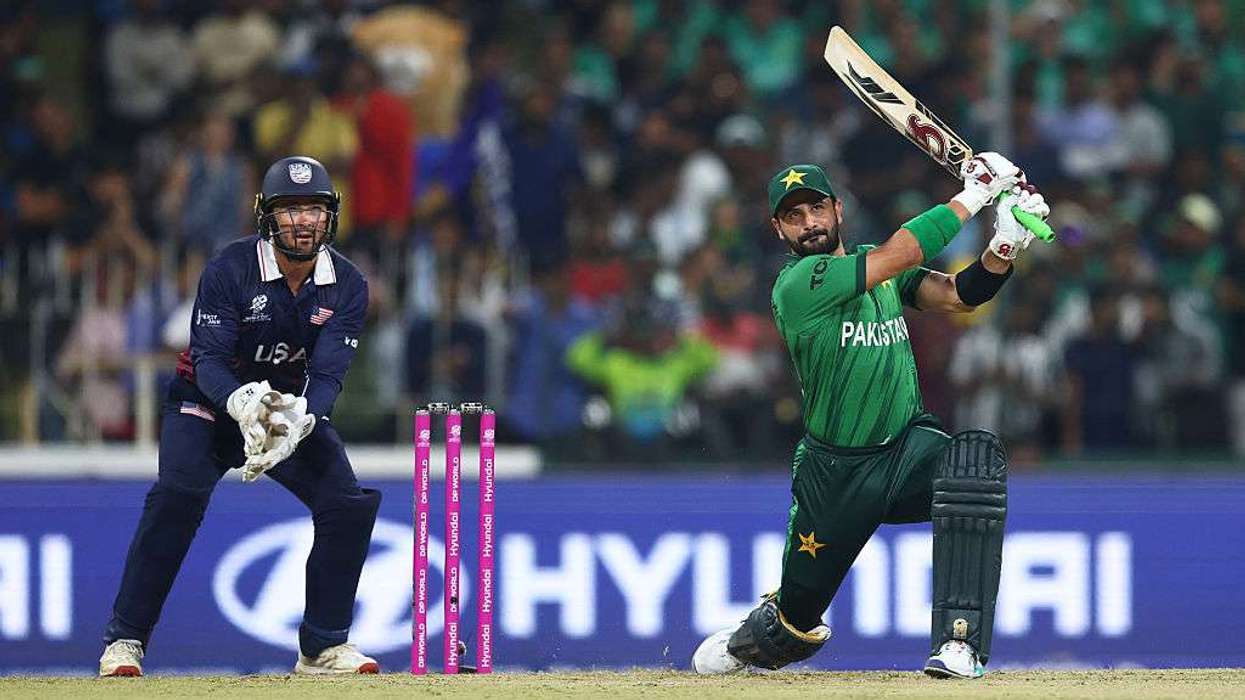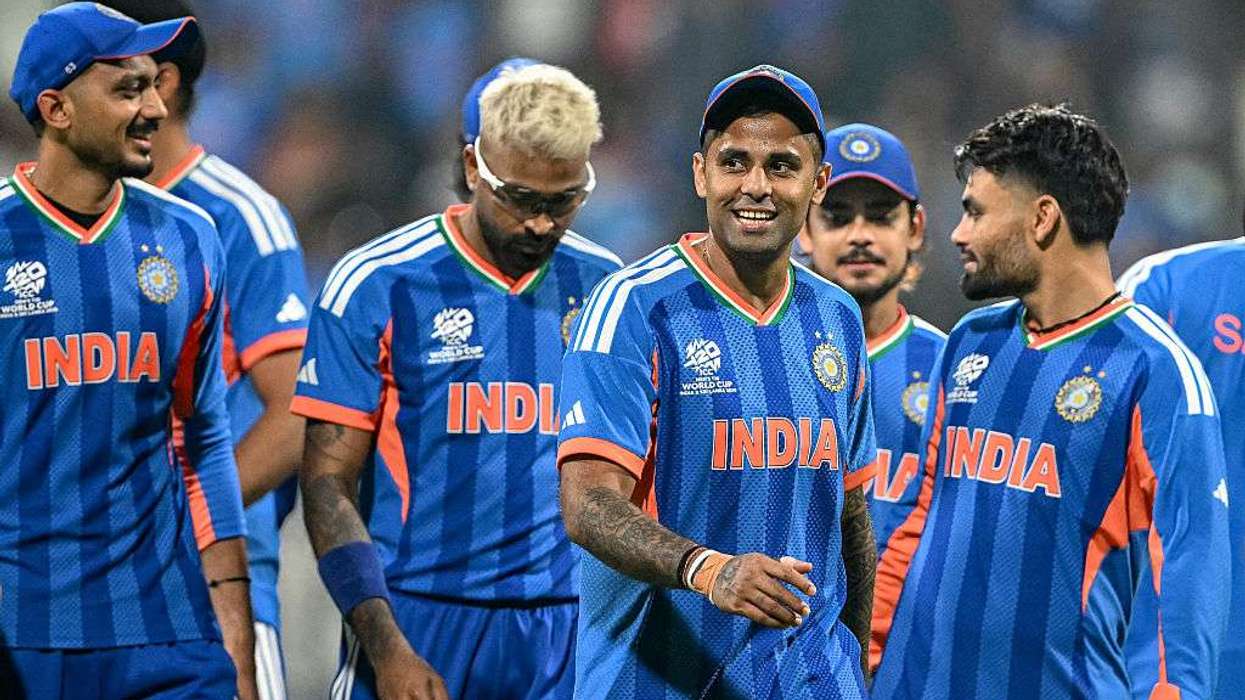NEW ZEALAND secured a spot in the Champions Trophy final with a 50-run win over South Africa in Lahore on Wednesday, setting up a rematch with India.
Rachin Ravindra scored 108 off 101 balls, while Kane Williamson made 102 off 94 deliveries as New Zealand posted 362-6, the highest total in the tournament’s history.
South Africa managed 312-9 in response, with David Miller’s unbeaten 100 off 67 balls coming too late to alter the outcome.
This was South Africa’s fifth semi-final defeat in the Champions Trophy, having previously fallen short in 2000, 2002, 2006, and 2013.
They won the tournament’s first edition in 1998, then called the ICC KnockOut Trophy.
New Zealand captain Mitchell Santner was the standout bowler, taking 3-43 with his left-arm spin.
He broke a 105-run stand for South Africa’s second wicket, dismissing Temba Bavuma for 56.
Bavuma, who started cautiously, built a steady partnership with Rassie van der Dussen, who scored 69 before being bowled by Santner.
Santner then struck again, removing Heinrich Klaasen for three, caught by Matt Henry at long-on.
Glenn Phillips contributed with 2-27, while Ravindra (1-20) dismissed Aiden Markram for 31.
Earlier, New Zealand built their total on a batting-friendly pitch after opting to bat first.
Ravindra and Williamson shared a 164-run partnership for the second wicket, setting the platform for a strong finish.
Daryl Mitchell added 49 off 37 balls, while Phillips hit an unbeaten 49 off 27 as New Zealand scored 110 runs in the final 10 overs.
Ravindra reached his fifth ODI century—all in ICC events—with a two off Kagiso Rabada.
Williamson brought up his 15th ODI hundred with a boundary, his third successive century against South Africa.
Rabada dismissed Ravindra, caught behind, while Williamson was caught off Wiaan Mulder for 102.
Lungi Ngidi finished with 3-72, while Rabada took 2-70.
(With inputs from agencies)




